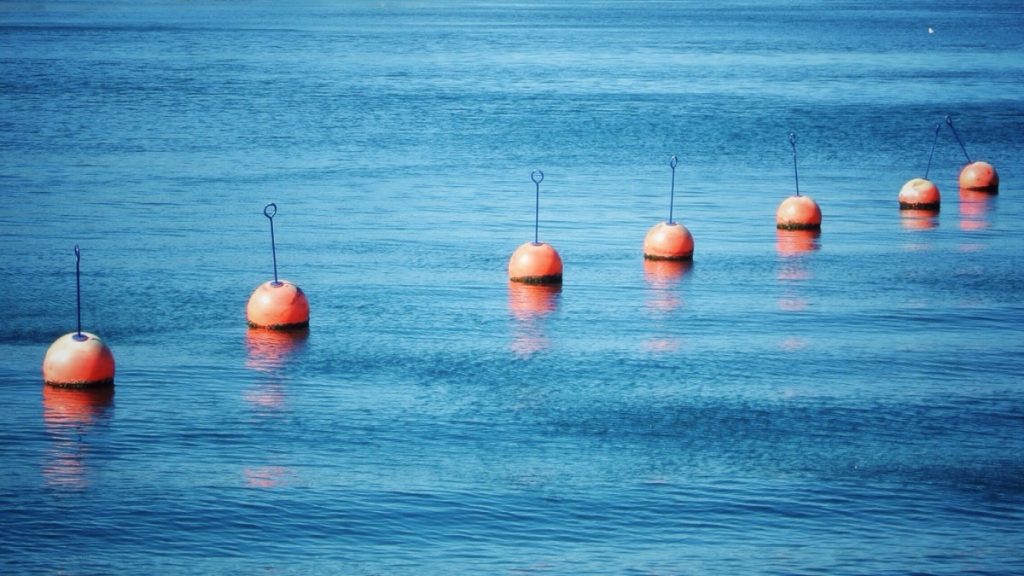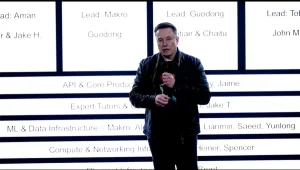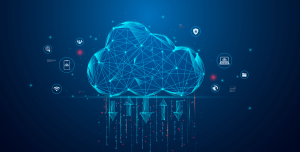Enhancing Aquaculture: Wittaya Aqua’s AI Revolution

Seafood is a major source of protein for over 3 billion people worldwide. With rising consumption, there’s a growing need for sustainable and efficient aquaculture practices. Wittaya Aqua, a Canadian startup, is stepping up to the challenge. Using AI and data-driven solutions, the company aims to revolutionize the seafood farming industry.
By consolidating various data points across the supply chain, Wittaya Aqua provides farmers with valuable insights to increase profitability and sustainability. The startup, which recently raised $2.8 million, plans to expand its innovative platform into key global markets, particularly in Asia. This move underscores the potential impact of modern technology on traditional farming practices.
Role of Aquaculture in Global Food Supply
More than 3 billion people around the world depend on seafood for their protein intake. Whether it’s wild-caught or farmed, seafood forms an essential part of their diet. With 89% of aquatic animal production used for human consumption, the demand for these products is ever-increasing.
A recent report has highlighted a continuous rise in the consumption of aquatic foods globally. This has led to a surge in startups that aim to use AI technology to enhance aquaculture production. One such startup is Wittaya Aqua, based in Canada, which is using data-driven techniques to support seafood farmers.
Data-Driven Insights for Farmers
Wittaya Aqua’s platform enables seafood farmers to consolidate existing data points across the seafood supply chain. This helps in driving greater profitability, sustainability, and efficiency. By integrating various data sources, farmers can get a comprehensive view of their operations.
This consolidated data helps in making well-informed decisions, improving practices at every level. For instance, a farmer can see how different feed choices impact animal growth rates. Feed mills can analyze their feeds’ performance on various farms and refine their strategies accordingly.
AI and Machine Learning in Aquaculture
Wittaya Aqua incorporates AI and machine learning into its platform to enhance its science-based models. This helps in forecasting animal growth and recommending optimal feed types and quantities based on real-time data and growth projections.
The machine-learning algorithm analyzes historical data along with environmental factors to suggest ways to maximize crop yields. This predictive analytics capability is a game-changer for the aquaculture industry.
By using these advanced technologies, Wittaya Aqua aims to help farmers achieve better results with more precision and less guesswork.
Expanding to Global Markets
After raising $2.8 million in a seed round, Wittaya Aqua is set to expand further into Asia, the largest aquaculture-producing region. The company entered Singapore in 2023 and aims to tap into the immense potential for growth in Southeast Asia.
Evan Hall, co-founder, and CEO of Wittaya Aqua, emphasized the importance of Asia in their global vision. He stated, “The [Asia] region is the global leader in aquaculture production, contributing a significant portion of the world’s seafood.”
With many top aquaculture producers like China, Indonesia, Vietnam, Bangladesh, and South Korea, Asia presents a significant opportunity for growth through data-driven practices.
Founders’ Vision and Challenges
Evan Hall, a wildlife conservation photographer, and Dominique Bureau, a professor of animal nutrition and aquaculture, co-founded Wittaya Aqua in 2017. They saw the inefficiencies and challenges posed by fragmented and slow-moving data in the industry.
Hall experienced firsthand the difficulties of manually copying field notes into Excel while working as a fisheries biologist. This inspired the creation of a platform to consolidate data from various supply chain points.
The goal was to provide a unified view that could build robust, science-based models, offering stakeholders actionable insights.
Users and Revenue Generation
Wittaya Aqua’s users include ingredient suppliers, feed mills, and farmers. The company has entered the revenue-generation stage and secured customers like BioMar, De Heus, and Uni-President.
Other notable customers include the US Soybean Export Council, Soy Aquaculture Alliance, Temasek Lifesciences Laboratory, and AquaChile. This diverse customer base signifies the platform’s wide-reaching impact.
The global aquaculture market is projected to grow significantly, reaching $355.6 billion by 2033, up from $299 billion in 2023, according to Precedence Research.
Competitive Landscape
Wittaya Aqua competes with farm management solution providers like Fieldin, Taranis, and eFishery. However, what sets Wittaya apart is its ability to combine nutritional information with field performance.
This unique capability allows the company to model the impacts of different feed ingredients on animal performance, which is not typically offered by other companies. This gives Wittaya a competitive edge.
Additionally, Wittaya works with multiple species across various geographies. This broad scope contrasts with most competitors who focus on a single species and location.
Future Plans for Financial Stability
In the long term, Wittaya Aqua plans to enhance financial stability for farmers through a two-pronged approach. First, it aims to reduce perceived credit or insurance risks related to production mortality by offering robust data and insights.
Second, the company plans to match users with lenders and insurers who can provide customized financial products. This could significantly improve financial accessibility for farmers.
Wittaya Aqua’s holistic approach aims to address multiple challenges in the aquaculture industry. Their focus is not only on improving production but also on ensuring farmers’ financial success and stability.
Wittaya Aqua is setting a new standard in aquaculture with its innovative use of AI and data-driven insights. By leveraging advanced technologies, it helps seafood farmers make informed decisions that enhance profitability and sustainability. As the company expands globally, it demonstrates the significant impact of modern technology on traditional farming, aiming to secure a brighter future for the aquaculture industry.





